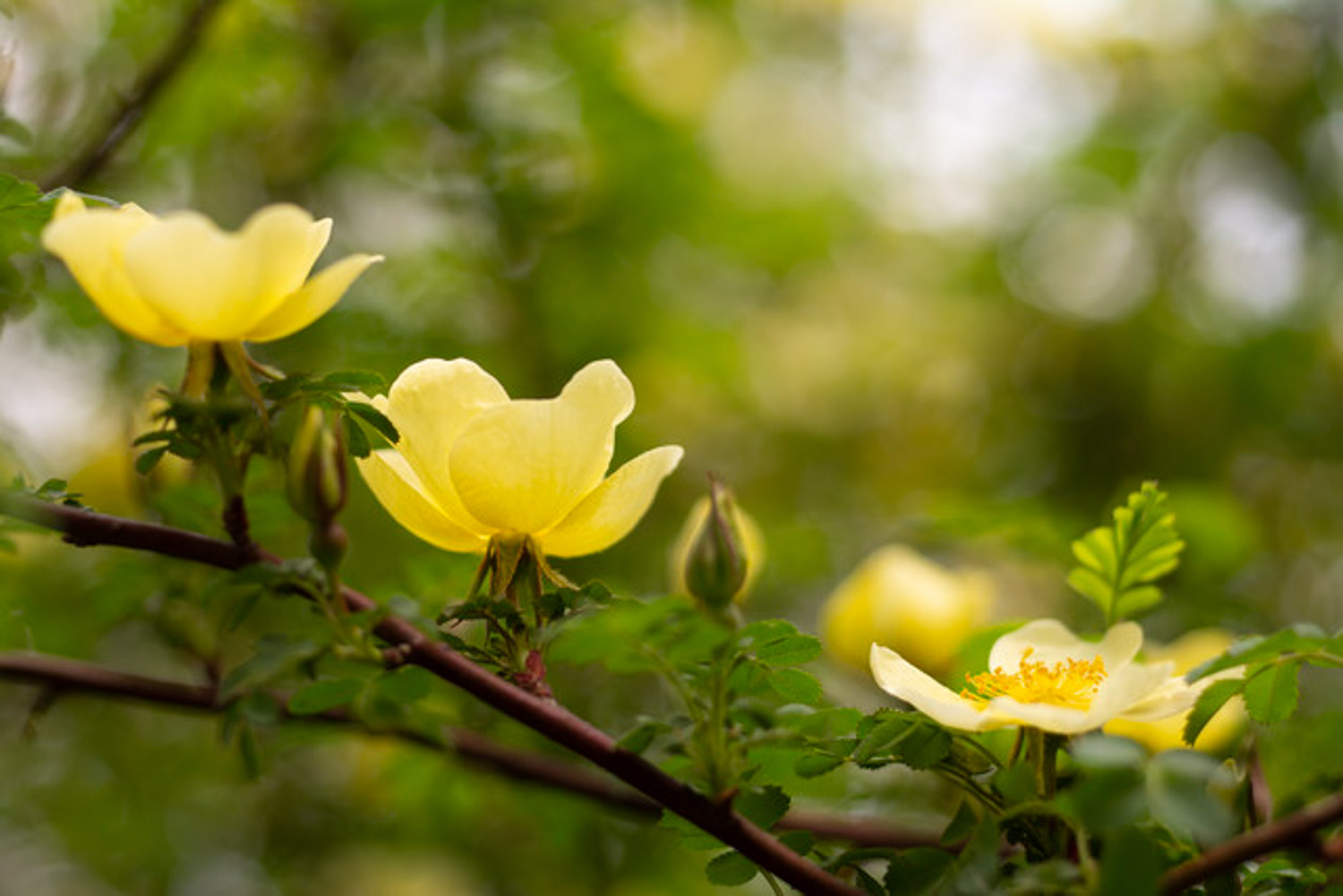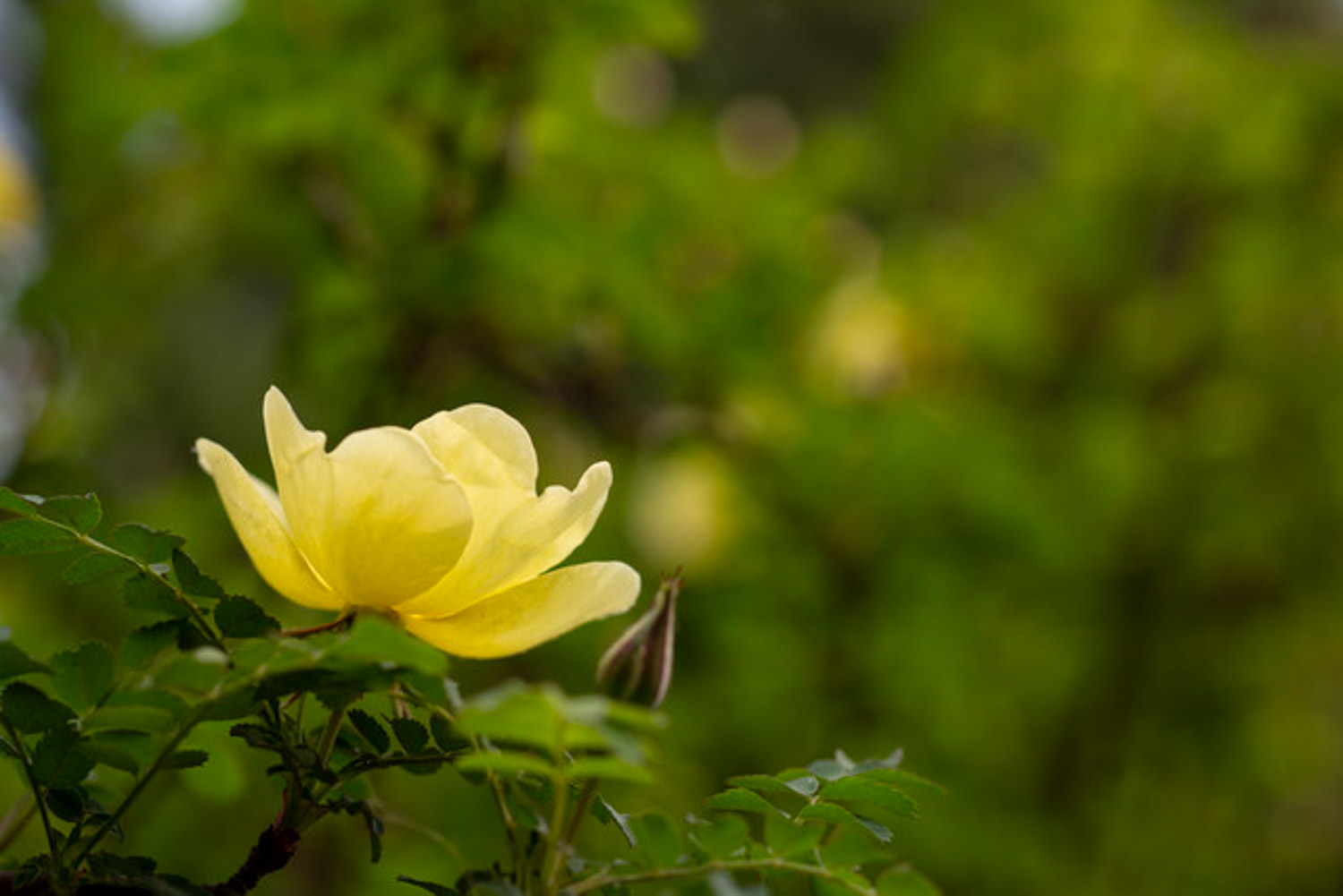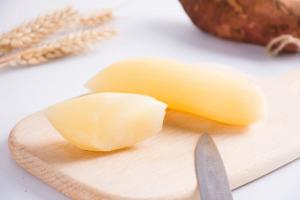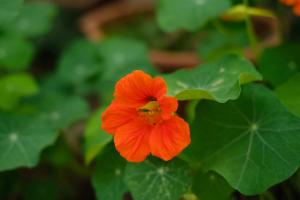Ramet propagation of Rosa davurica
Rosa roxburghii has strong tillering ability, rapid growth, and no fruit after flowering, so it often uses the method of branching for reproduction, which is simple, rapid and has a high survival rate
During ramet propagation, Rosa davurica usually starts to recover in early spring in March and ramets when it germinates again. The branches of Rosa roxburghii should be trimmed first, and then the whole plant should be uprooted. Use a knife to split Rosa roxburghii from the root and divide it into several parts, each with at least 1 ~ 2 branches and part of the root system. Plant the divided Rosa xanthifolia separately. After planting, water should be poured first, and then the fertilizer and water management should be strengthened

Cutting propagation of Rosa Rosa
Rosa flavescens is usually propagated by cutting in spring. The temperature is low in spring, so softwood cutting is mostly used. The current year semi lignified branches are selected for cutting in June and July
Select the robust lignified branches of the current year, cut 10-15cm long and keep them as cuttings, leave 2-3 leaves and insert them into the sand bed
Rosa flavescens should keep the soil moist after cutting. Generally, it can take root in about 40 to 50 days. Transplant again in the spring of the next year

Grafting propagation of Rosa Rosa
Grafting propagation is mostly carried out from December to early January of the next year
In grafting and propagation, Rosa roxburghii, which is easy to take root, should be used as rootstock, and the branches and buds of Rosa roxburghii in that year should be used as scions. It is best to cut the hybrid with use, and remove all leaves after cutting. After removing the Rosa Rosa buds, bind them tightly with plastic film and pay attention to the moisture of Rosa Rosa buds. The growth condition of Rosa Rosa was observed 10 days after grafting
Grafting propagation is simple and easy, with high survival rate and more flowers. The advantage of grafting is to facilitate shaping and pruning

Layering propagation of Rosa Rosa
The grafting and propagation of Rosa Rosa were mostly carried out in July. Press the twigs of Rosa Rosa roxburghii into the soil, wait for them to take root, and then separate and transplant them with the mother plant in the spring of the next year< span>

 how many times do yo...
how many times do yo... how many planted tre...
how many planted tre... how many pine trees ...
how many pine trees ... how many pecan trees...
how many pecan trees... how many plants comp...
how many plants comp... how many plants can ...
how many plants can ... how many plants and ...
how many plants and ... how many pepper plan...
how many pepper plan...






























